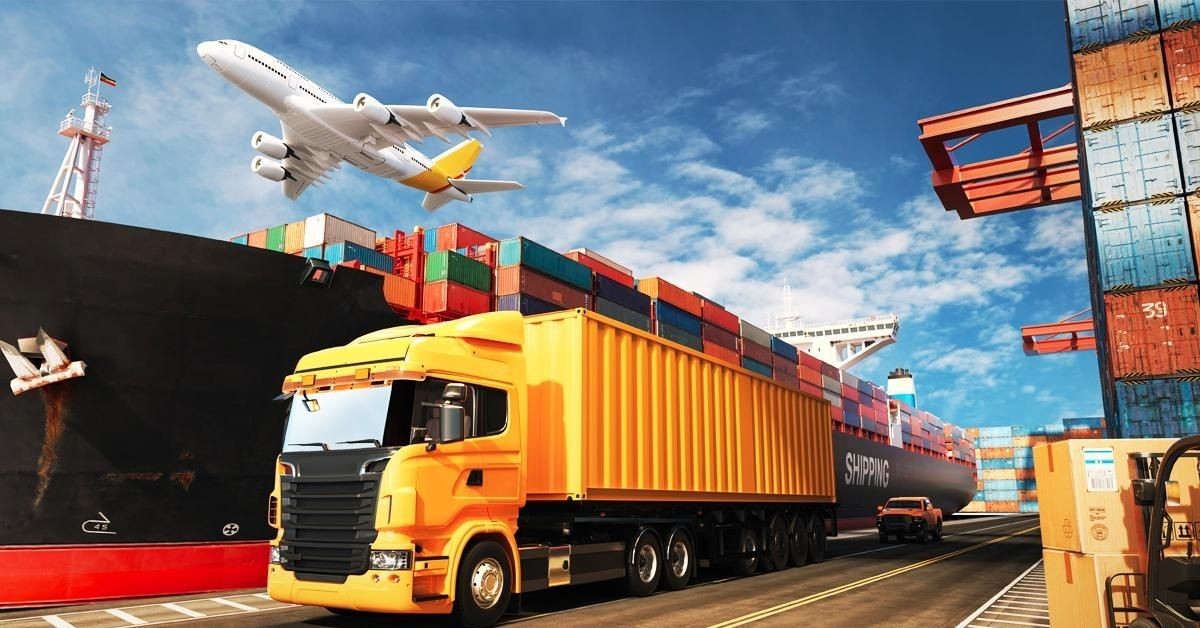In 2022, the logistics sector saw the launch of multiple government initiatives such as the National Logistics Policy, Open Network for Digital Commerce (ONDC), and PM GatiShakti Master Plan for multi-modal connectivity. Alongside there were growing e-commerce purchases, demand for faster deliveries and a focus on sustainability. In 2023, e-commerce logistics companies expect last-mile delivery to drive growth amid a proliferation of retail channels.
In fact, the growth of last-mile delivery logistics in 2023 is expected to outpace that of 2022. Last year saw a trend of brands partnering third-party logistics players to offer same-day and next-day delivery. Nishith Rastogi, Founder and CEO of logistics platform Locus, told businessline, “In 2023, businesses will start taking dedicated and incremental steps towards making their last mile intelligent, less reliant on human labour, responsible, and fair.”
He expects the logistics sector to adopt more technology solutions in 2023. “The number of packages that consumers order continues to be on the rise, and investments in logistics technology will give businesses the ability to make quick and informed decisions and differentiate their last-mile fulfilment experience,” he added.
Further, the e-commerce sector is expected to see a rise in omnichannel retail and, as businesses invest in omnichannel capabilities to improve delivery control, speed, flexibility and costs, last-mile logistics is bound to become more efficient in 2023.
Focus on sustainability
With rising awareness around sustainability, businesses are trying to find new ways to make last-mile fulfilment sustainable. Zaiba Sarang, Co-founder, iThink Logistics, said, “Companies are beginning to use fuels with lower carbon emissions to reduce the industry’s carbon footprint. Recyclable packaging materials for goods have been shown to be both environmentally friendly and beneficial in terms of lowering shipping costs.”
Locus’ Rastogi observes that businesses are investing in micro-fulfilment centres that are closer to customers to reduce emissions and speed up deliveries. “We also expect to see continued investment in electric vehicles, parcel lockers (automated parcel devices that serve as alternative delivery locations for dense delivery zones), and greater adoption of route planning solutions to find the optimal route. That said, sustainability will take many forms going forward,” he added.
Impact of inflation
Sarang believes that inflation will have little impact on the logistics industry because people’s disposable income is increasing over time, leading to more spends on online shopping platforms from the comfort of home. “The seller is taking advantage of festival offers, Black Friday, and big billion days, which leads to people purchasing more and more, increasing the demand for logistics to deliver more shipments faster and more accurately,” she added.
Rastogi, too, noted that the multiple sales events offered by e-commerce businesses ensured that demand surge was no longer restricted to festive seasons. Businesses now have to be ready to scale up capacity multiple times a year. India’s e-commerce industry recorded a year-on-year growth of 36.8 per cent in order volumes during 2022, according to e-commerce SaaS company Unicommerce.







